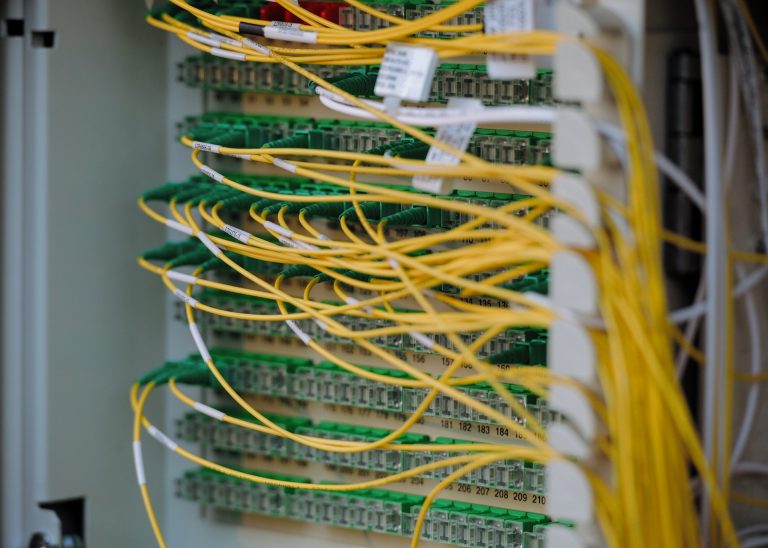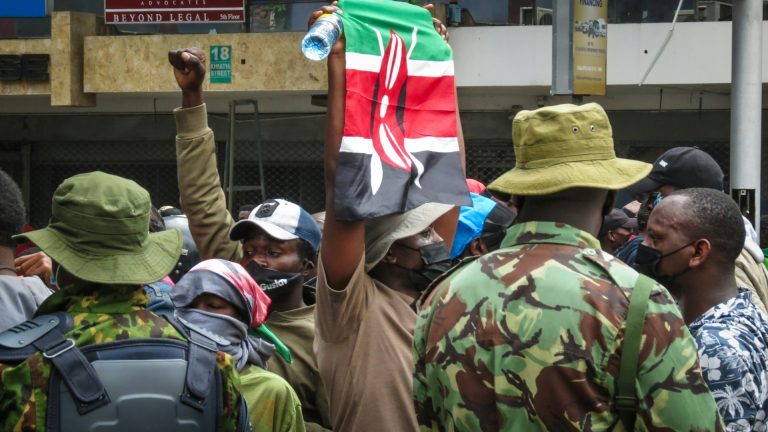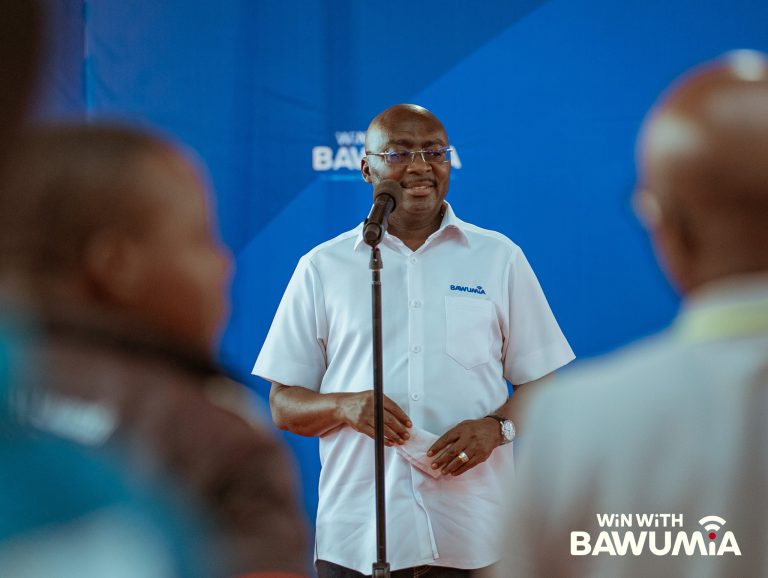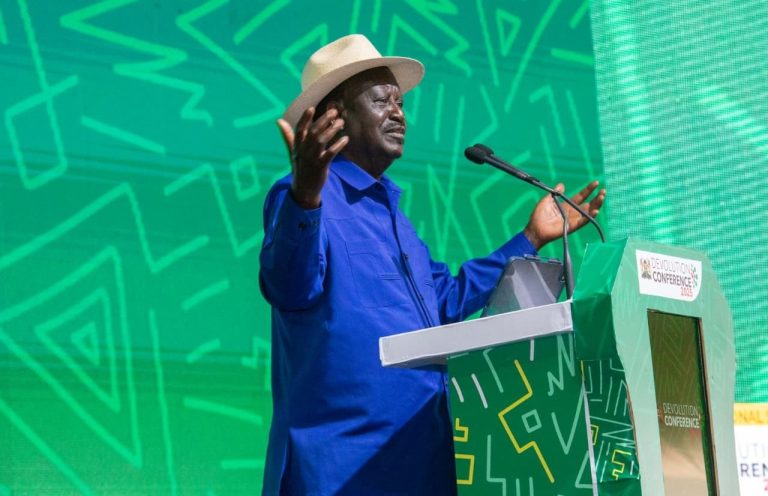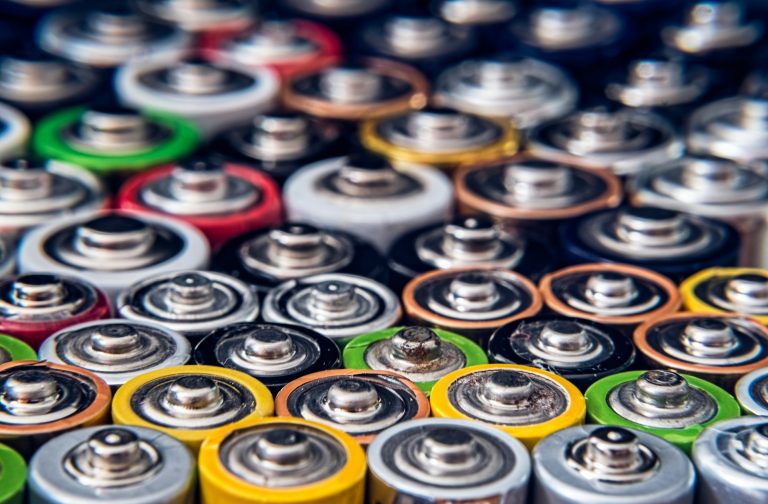- Central bank slashes key rate by 350 basis points to 21.5%
- Inflation eases to 11.5% in August, the lowest in nearly four years
ACCRA, GHANA – Ghana’s central bank has lowered its benchmark interest rate to 21.5 percent, extending its easing cycle as inflation continues to retreat and the cedi strengthens.
The Monetary Policy Committee, in a majority vote, cut the policy rate by 350 basis points, following a 300-basis-point reduction in July. Headline inflation eased to 11.5 percent in August, down from 12.1 percent the previous month, marking eight consecutive months of decline.
“The committee was of the view that inflation will continue to ease in the near term,” Governor Dr. Johnson Pandit Asiama told reporters in Accra on Wednesday. He said headline inflation was expected to fall within the medium-term target band of 8 percent plus or minus two percentage points by year-end.
Growth momentum and stronger currency
The cut underscores confidence that price stability is improving, driven by exchange rate appreciation, improved food supply, fiscal consolidation and tighter liquidity management. The cedi has gained 21 percent against the dollar this year, ranking among the world’s best-performing currencies.
Economic growth has remained solid. Second-quarter GDP expanded 6.3 percent year-on-year, with non-oil growth rising to 7.8 percent. Services grew 9.9 percent and agriculture 5.2 percent. The Composite Index of Economic Activity recorded annual growth of 6.1 percent in July, up sharply from 1.9 percent a year earlier.
“Business and consumer confidence have remained strong, with firms meeting short-term targets and signaling optimism about industry prospects,” Dr. Asiama said, noting that the purchasing managers’ index strengthened in August on the back of higher new orders and improved conditions.
Fiscal performance has also outpaced expectations. The budget deficit through July stood at 1.1 percent of GDP, below the 2.1 percent target, while the primary balance posted a surplus of 1 percent. Public debt fell to 44.9 percent of GDP by the end of July, from 61.8 percent in December 2024.
The banking sector has shown resilience despite lingering risks. The capital adequacy ratio rose to 17.7 percent in August, up from 10.2 percent a year ago, while the non-performing loan ratio fell to 20.8 percent from 24.8 percent.
External position strengthens, risks linger
The external sector improved significantly, with a trade surplus of $6.2 billion in the first eight months of the year — nearly triple the level a year earlier — boosted by gold and copper exports. Gross international reserves rose to $10.7 billion in August, equal to 4.5 months of import cover, compared with $9 billion at the end of 2024.
Still, Dr. Asiama warned that risks persist. Potential utility tariff hikes, global trade uncertainties, and elevated credit risks could undermine the disinflation process.
“Maintenance of an appropriate monetary policy stance, ongoing fiscal consolidation, and adequate reserves should sustain the disinflation process,” he said.
The decision takes Ghana’s policy rate to its lowest level in more than two years, signalling a clear pivot from the aggressive tightening cycle of 2022–23 to a pro-growth monetary stance.



